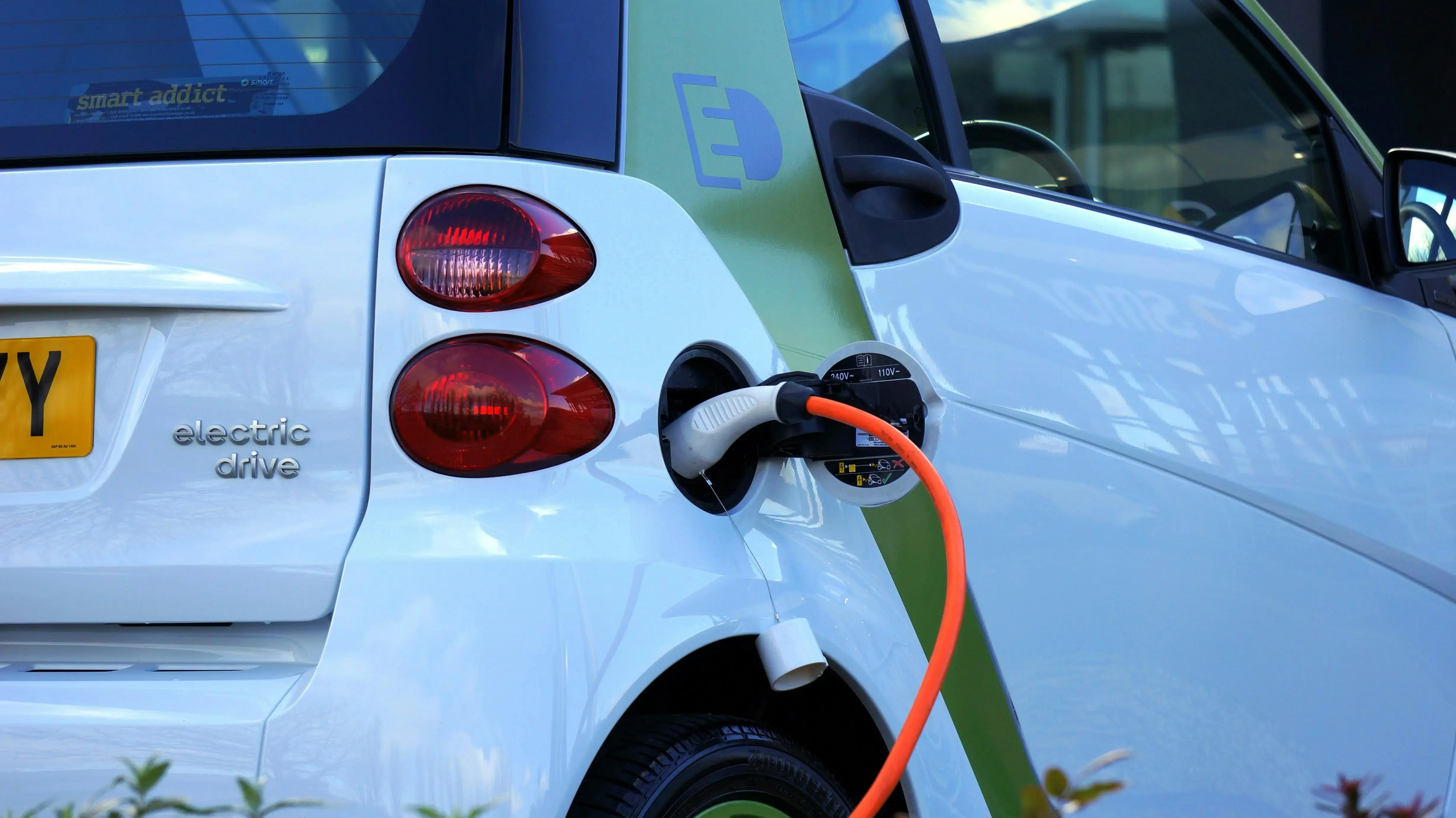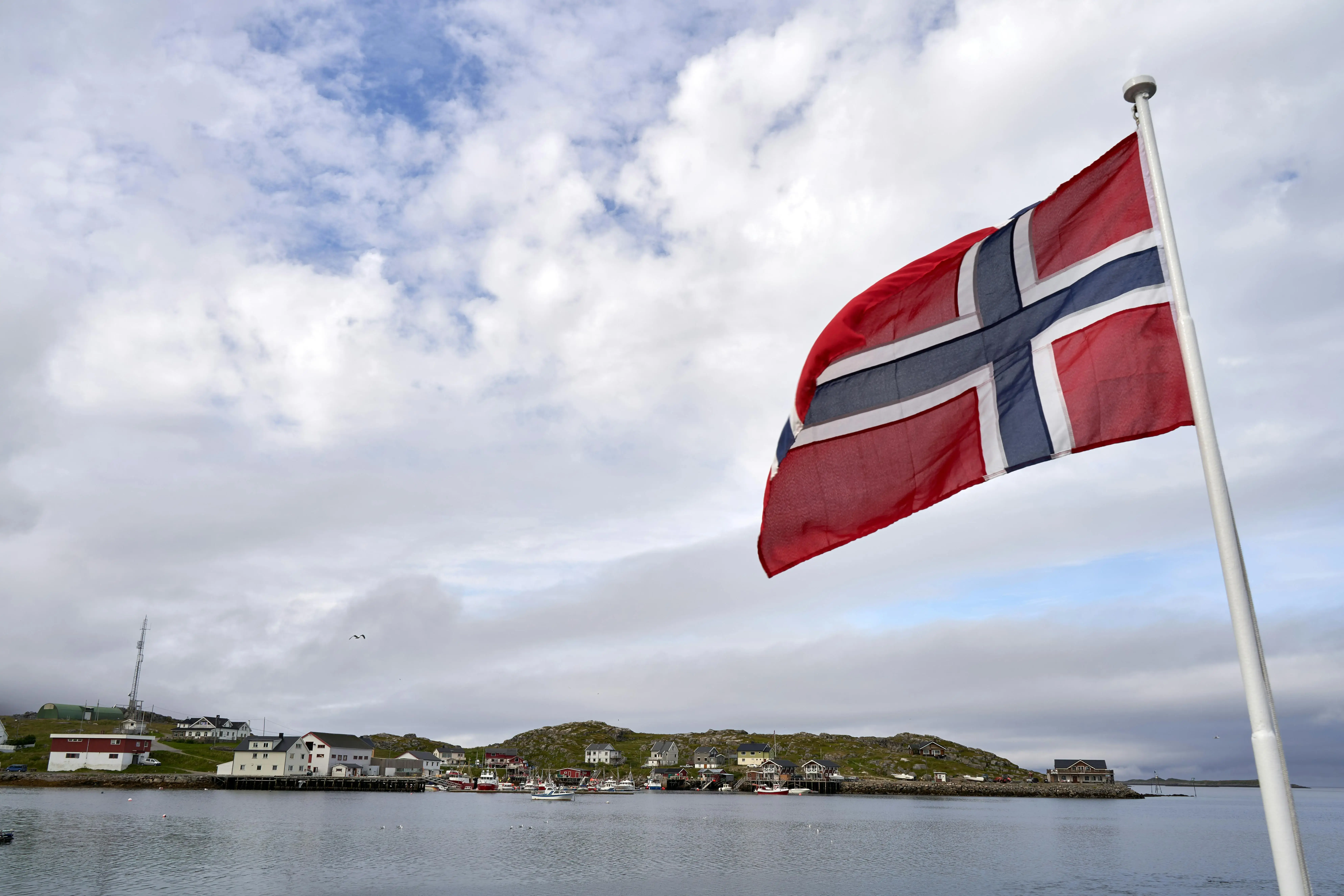Best Way To Ship A Tesla Or BYD To Norway In 2025
Tesla and BYD vehicles represent the most popular electric vehicle imports to Norway, each requiring specific shipping considerations based on their unique characteristics, battery systems, and Norwegian compatibility requirements. As Norway maintains its position as the world's leading EV market with approximately 83-86% electric vehicle sales, understanding the optimal shipping methods for these brands ensures successful import and seamless Norwegian operation.
Container shipping emerges as the preferred method for Tesla and BYD imports, providing the protection and flexibility necessary for successful Norwegian delivery while accommodating brand-specific requirements including charging adapters, technical documentation, and warranty considerations.
Tesla Shipping Considerations and Requirements
Tesla vehicles require specialized handling due to their advanced electrical systems, over-the-air updates, and unique charging requirements for Norwegian operation.
Model-Specific Shipping Requirements
Tesla Model 3 and Model Y: These compact vehicles ship efficiently in shared containers, with Model 3 measuring approximately 185" L x 73" W x 57" H and Model Y at 187" L x 76" W x 64" H, allowing multiple vehicles per container for cost optimization.
Tesla Model S and Model X: Larger dimensions require careful container planning, with Model S at 196" L x 77" W x 57" H and Model X at 198" L x 79" W x 66" H, potentially necessitating dedicated container space for optimal protection.
Tesla Cybertruck: Oversized dimensions exceeding standard container capacity may require specialized shipping arrangements or alternative transport methods depending on final production specifications.
Tesla Battery Management Systems
Sophisticated BMS Integration: Tesla's advanced battery management systems require specific charge levels between 20-50% during shipping to ensure optimal battery health while meeting dangerous goods regulations for lithium-ion transport.
Software Considerations: Tesla vehicles may require software updates upon Norwegian arrival to ensure compatibility with local charging infrastructure and regulatory compliance systems.
Charging System Compatibility: US Tesla vehicles equipped with NACS (North American Charging Standard) connectors require CCS2 adapters for Norwegian charging infrastructure compatibility, which must be pre-arranged before arrival.
Tesla Documentation Requirements
Technical Specifications: Tesla imports require comprehensive documentation including battery capacity specifications, software versions, autopilot system configurations, and charging system compatibility information for Norwegian customs and registration authorities.
Warranty Coverage: Tesla provides full international warranty coverage in Norway with established service network support, simplifying post-import service and maintenance requirements.
Norwegian Service Network: Tesla maintains comprehensive service coverage throughout Norway with multiple service centers and mobile service units providing complete manufacturer support for imported vehicles.
BYD Import Specifications and Considerations
BYD vehicles from Chinese manufacturers require additional documentation and may face different import procedures compared to US-manufactured EVs.
BYD Origin and Compliance Documentation
Country of Origin Requirements: BYD vehicles manufactured in China require specific country of origin documentation and may be subject to different duty rates than US-manufactured EVs, though pure electric vehicles generally maintain 0% import duty status.
EU Type Approval: Many BYD models already possess EU type approval simplifying Norwegian registration procedures, but individual imports may require additional technical verification depending on specific model and configuration.
Chinese EV Standards: BYD vehicles must demonstrate compliance with European technical standards for Norwegian registration, requiring comprehensive technical documentation and potentially additional safety certifications.
BYD Technical Compliance
Charging System Standards: BYD vehicles typically feature CCS2 charging connectors providing direct compatibility with Norwegian fast charging infrastructure without requiring adapters.
Battery Technology: BYD's proprietary Blade Battery technology requires specific documentation for Norwegian import including thermal management specifications and safety system verification.
Software and Connectivity: BYD vehicles may require software updates or regional configuration changes for optimal Norwegian operation including map data and connectivity services.
BYD Service Network Availability
Growing Norwegian Presence: BYD has established distribution partnerships in Norway through RSA (Retail and Service Automotive), providing authorized sales, service, and parts support throughout the country.
Service Coverage: While expanding, BYD's Norwegian service network remains more limited than Tesla's comprehensive coverage, requiring consideration of service availability when planning import locations.
Parts and Service Support: BYD parts availability in Norway continues improving through European distribution channels, though some specialized components may require longer lead times compared to established brands.
Current Shipping Costs and Route Analysis
Understanding current shipping rates and transit times helps plan Tesla and BYD imports to Norway efficiently while optimizing costs and delivery schedules.
East Coast Shipping Routes
New York to Oslo: Container shipping from New York costs $2,850 with 21-day transit times, providing the most economical option for Tesla and BYD imports from eastern US locations including Tesla's Fremont production overflow.
Port Selection Benefits: East Coast departure ports offer direct Atlantic shipping routes to Norway reducing transit time and handling while providing competitive rates for both individual and multiple vehicle shipments.
Seasonal Considerations: Winter shipping from East Coast ports faces fewer weather disruptions compared to other routes while maintaining consistent scheduling and competitive pricing.
Southeast Shipping Routes
Florida to Oslo: Container shipping from Florida ports costs $3,850 with 23-day transit times, offering moderate pricing for vehicles located in southern US regions including vehicles purchased from Florida dealers.
Port Everglades Advantages: Strategic location provides excellent access to Tesla and BYD vehicles throughout the Southeast while offering professional automotive export handling capabilities.
Year-Round Operations: Florida ports maintain consistent operations without seasonal weather disruptions affecting Tesla and BYD shipping schedules throughout the year.
West Coast Shipping Routes
California to Oslo: Container shipping from California costs $5,200 with 29-day transit times, representing the longest and most expensive route but necessary for Tesla vehicles produced at Fremont factory and other West Coast sources.
Tesla Production Access: Direct access to Tesla's primary US production facility in Fremont, California, though higher shipping costs require careful financial analysis for import viability.
Pacific Route Considerations: Longer transit times through Panama Canal add complexity but provide access to California-sourced vehicles including specific Tesla configurations and BYD imports through West Coast distribution.
Charging Infrastructure Preparation
Both Tesla and BYD vehicles require specific charging compatibility considerations for successful Norwegian operation.
Norwegian Charging Standards
CCS2 Fast Charging: All Norwegian public fast chargers use CCS2 (Combined Charging System 2) connectors, requiring US Tesla vehicles to utilize NACS-to-CCS2 adapters for complete charging network access.
Type 2 AC Charging: Norwegian AC charging infrastructure utilizes Type 2 connectors compatible with most Tesla and BYD vehicles either directly or through included adapters.
Charging Network Coverage: Norway maintains one of the world's most comprehensive EV charging networks with fast charging stations every 50km on major roads and extensive urban coverage.
Pre-Import Adapter Requirements
Tesla NACS Adapters: US Tesla vehicles require NACS-to-CCS2 adapters for Norwegian charging compatibility, which must be secured before arrival as Norwegian availability remains limited.
Adapter Sourcing: Professional adapter procurement from specialized suppliers or Tesla service centers ensures compatibility and proper electrical integration with specific vehicle models.
Installation Timing: Adapter installation and compatibility verification should occur during mandatory technical inspection phase to ensure proper operation and regulatory compliance.
BYD Charging Compatibility
Direct CCS2 Compatibility: Most BYD vehicles feature CCS2 charging connectors providing immediate compatibility with Norwegian fast charging infrastructure without requiring additional adapters.
AC Charging Standards: BYD vehicles typically include Type 2 AC charging compatibility ensuring access to Norwegian workplace and residential charging solutions.
Charging Speed Optimization: BYD vehicles should be configured for optimal charging speeds with Norwegian infrastructure during technical inspection and registration processes.
Norwegian Import Process Considerations
Both Tesla and BYD imports must navigate Norwegian technical inspection and registration procedures with brand-specific considerations.
Technical Inspection Requirements
Mandatory Technical Inspection: All imported EVs undergo comprehensive technical inspection regardless of existing certifications, including high-voltage electrical system testing, battery safety verification, and charging system compatibility assessment.
Brand-Specific Requirements: Tesla vehicles benefit from established inspection procedures due to their prevalence in Norway, while BYD vehicles may require additional verification as import volumes increase.
Safety System Verification: Both brands require verification of emergency disconnect systems, thermal management capabilities, and first responder accessibility meeting Norwegian safety standards.
Registration and Compliance
Individual Vehicle Approval: Private imports typically require individual assessment rather than type approval systems used for dealer imports, with processing times varying based on vehicle complexity and documentation completeness.
Norwegian Road Administration: The Norwegian Public Roads Administration (NPRA) handles technical approval and registration with established procedures for both Tesla and BYD vehicles.
Environmental Compliance: Pure electric vehicles from both brands qualify for zero emissions classification, eliminating emissions-based taxes while accessing maximum environmental benefits.
Financial Considerations and Import Economics
Understanding the complete cost structure helps determine import viability for Tesla and BYD vehicles.
Tax Structure Benefits
VAT Exemption Threshold: Electric vehicles valued up to NOK 500,000 (approximately $44,000) receive complete VAT exemption, while vehicles exceeding this threshold pay 25% VAT only on the excess amount.
Import Duty Exemption: Pure electric vehicles including Tesla and BYD models qualify for 0% import duty, significantly reducing total import costs compared to conventional vehicles.
Registration Tax: Weight-based registration tax (ISV) applies to all vehicles but remains modest for electric vehicles compared to conventional vehicle rates.
Total Cost Analysis Examples
Tesla Model 3 Import ($45,000 purchase price):
-
Purchase price: $45,000
-
Shipping (NY to Oslo): $2,850
-
Norwegian import duty: $0 (EV exemption)
-
VAT calculation: 25% on $1,180 (amount above NOK 500,000 threshold) = $295
-
ISV registration tax: $650 (weight-based)
-
Total import cost: $48,795
BYD Sealion 7 Import ($38,000 purchase price):
-
Purchase price: $38,000
-
Shipping (Florida to Oslo): $3,850
-
Norwegian import duty: $0 (EV exemption)
-
VAT: $0 (under NOK 500,000 threshold)
-
ISV registration tax: $600 (weight-based)
-
Total import cost: $42,450
Professional Tesla and BYD Shipping Services
West Coast Shipping's Norway shipping services provide specialized expertise for Tesla and BYD imports, ensuring compliance with international battery safety regulations and Norwegian import requirements.
Brand-Specific Expertise
Tesla Import Specialization: Comprehensive understanding of Tesla-specific requirements including NACS charging adapters, software considerations, and warranty documentation for Norwegian registration.
BYD Import Support: Professional handling of Chinese-manufactured vehicle documentation including origin certificates, EU compliance verification, and Norwegian technical approval procedures.
Battery Safety Compliance: Expert adherence to dangerous goods regulations including proper charge management, documentation, and safety protocols throughout international transport.
Comprehensive Service Package
Door-to-Door Coordination: Complete logistics management from US pickup through Norwegian delivery including customs clearance and technical inspection scheduling.
Documentation Management: Professional handling of all required paperwork including dangerous goods declarations, technical specifications, and Norwegian import documentation.
Post-Arrival Support: Assistance with charging adapter installation, technical inspection coordination, and registration procedures for successful Norwegian operation.
Get Your Tesla or BYD Shipping Quote Today
Whether importing a Tesla Model Y from California, a BYD Sealion 7 from the East Coast, or any other electric vehicle configuration, professional shipping services ensure compliance with both maritime safety regulations and Norwegian import requirements.
Contact our Tesla and BYD shipping specialists today to discuss your specific import requirements and receive current shipping quotes based on your vehicle model and departure location. Our experienced team provides comprehensive support throughout the entire process, from initial consultation through Norwegian customs clearance and successful vehicle registration.
You May Also Like
These Related Stories

Complete Guide To EV Shipping: Cost, Methods & Safety In 2025

Moving With a Vehicle to Norway
.webp)
-093789-edited.png?width=220&height=79&name=wcs_final_logo_(1)-093789-edited.png)
